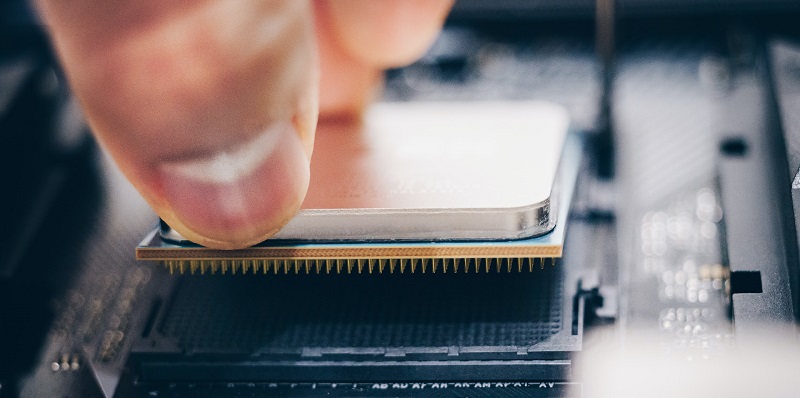AMD, the renowned semiconductor manufacturer, has recently made waves in the tech industry with the announcement of its highly anticipated Siena line. As the final addition to AMD’s 4th generation Zen 4 processor lineup for data centers, the Siena CPUs offer unparalleled efficiency and cater to the specific needs of smaller deployments where costs and square footage are paramount concerns.
Focus on Efficiency
In their pursuit of maximum efficiency, the Siena line takes its place at the bottom rung of the performance ladder. This intentional positioning ensures that businesses investing in Siena CPUs can achieve optimal performance for their small-scale operations while minimizing power consumption and operational costs.
Specifications of Siena CPUs
The Siena CPUs boast noteworthy specifications that set them apart from their counterparts in the 4th gen Epyc family. Capped at 64 cores, the Siena line exclusively utilizes AMD’s highly efficient Zen 4 cores. This combination showcases AMD’s commitment to delivering impressive performance while prioritizing energy efficiency.
Target Market
AMD has specifically targeted key sectors such as cloud service providers, intelligent edge deployments, and telecommunications companies with their Siena CPUs. These industries often require compact and cost-effective solutions that provide reliable performance without compromising on efficiency.
Design and Features
Siena is a streamlined version of its predecessor, Bergamo, and distinguishes itself by utilizing the SP6 socket instead of the larger SP5 variant. This socket allows for a more compact installation, optimizing space utilization for deployments with limited square footage.
Moreover, AMD emphasizes the importance of efficiency by keeping the thermal design power (TDP) for the Siena family within a range of 70W to 225W. This low TDP ensures a reduced environmental impact and cost-effectiveness for businesses relying on Siena CPUs.
However, it’s important to note that when compared to the Genoa CPUs, Siena CPUs offer half the memory bandwidth with support for six channels of DDR5-4800. Additionally, the number of PCI Express lanes is reduced from 128 lanes with the possibility of two sockets, to 96 lanes with only one socket supported. While these specifications may seem restrictive, they align with AMD’s focus on efficient performance and cater to the targeted market for Siena CPUs.
Market Potential
AMD’s decision to tap into the market for smaller, quieter, and more efficient servers that require a single socket deployment demonstrates the company’s attentiveness to evolving industry needs. By catering to this growing demand, AMD aims to capture a larger market share and solidify its position as a leading provider of high-performance, energy-efficient data center CPUs.
With the announcement of its Siena line, AMD completes its 4th generation Zen 4 processor lineup for data centers. This final addition showcases AMD’s commitment to offering tailored solutions for diverse market segments, specifically smaller deployments. The Siena CPUs’ emphasis on efficiency, combined with their optimized design, make them an attractive choice for businesses seeking maximum performance within a compact and cost-effective framework. As AMD continues to innovate, the Siena CPUs are set to play a vital role in shaping the future of data center processing and meeting the evolving demands of businesses worldwide.

